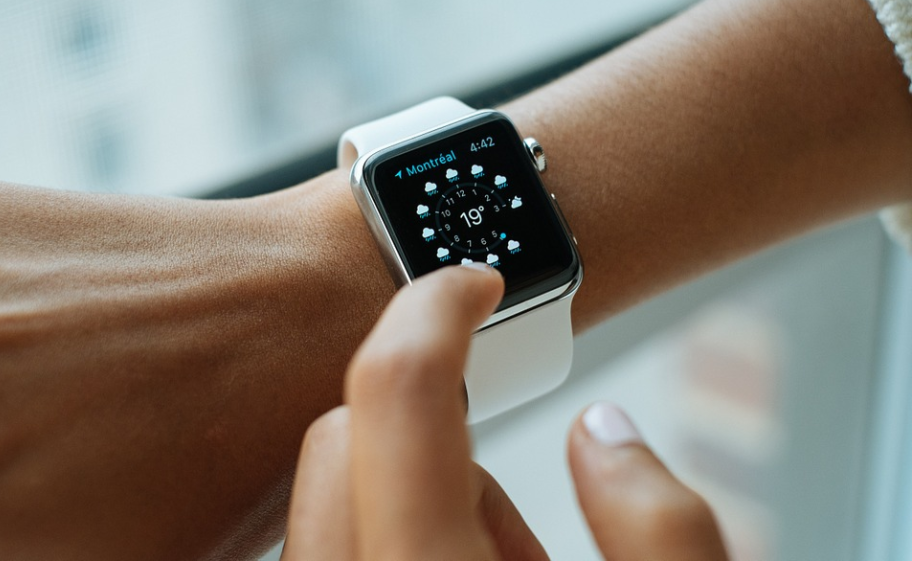
Apple Watch can detect a user's irregular pulse notifications even if the user does not have atrial fibrillation. Atrial fibrillation is a condition that the watch's feature focuses on detecting.
Apple Watch wants to know if the user has another type of medical condition that needs to be checked.
Apple Watch Heartbeat Tags
According to Aha Journals, even if a user who gets an alert from Apple Watch does not have an atrial fibrillation diagnosis, they are still not clear.
The study's author, Marco Perez, who is also the director of the Inherited Arrhythmia Clinic, said that even if the user did not find atrial fibrillation, they are finding that a lot of people had other conditions that need immediate medical attention.
The analysis of the study, which was published in the journal Circulation, was done using the data from Apple's Heart Study. It was made to test the watch's ability to detect the user's irregular heart rhythms.
Also Read: Top 3 Apple Watch Features to Save Your Life and How to Use Them: Fall Detection, ECG, and MORE
Apple Watch's irregular heartrate detector was launched in 2018, and the data included more than 400,000 participants. In the study, those who got an irregular pulse notification were sent an ECG patch, which monitors their heart rhythm over a longer period.
Apple Watch's ECG patch feature was expanded to 30 countries in July.
Around 2,000 participants got a notification that they had an irregular pulse. Earlier analysis revealed that a third of those participants who wore an ECG patch was diagnosed with atrial fibrillation after the monitoring period.
The study showed the ECG patch data from the participants that were not diagnosed with atrial fibrillation. Perez stated that if they did not find atrial fibrillation, it revealed other heart conditions.
Around 40% of those participants had another type of irregular pulse, including premature ventricular contractions, premature atrial contractions, and other conditions that resulted in extra heartbeats.
However, cardiologists still do not have a good grasp on how dangerous the extra heartbeats can be and usually don't agree on how they should be treated.
They have been connected to atrial fibrillation and heart failure development, but there is not a clear understanding of the most effective way to manage them.
The study also showed that around a third of the participants in the study who did not have atrial fibrillation on the ECG patch stated that they eventually went on to get the condition diagnosed outside of the study.
Even if someone does not get a diagnosis on an evaluation, it may make sense to check in on them from time to time going forward, according to The Verge.
Cardiologist's Take on the Feature
Currently, there is a massive range of responses to Apple Watch's alerts. If a user tells a cardiologist that they had an irregular heartbeat notification, the doctor may do a 10-second check on an ECG.
Other doctors might even send users home with an ECG patch for a week. If there are factors that make the doctors suspicious, they will do longer monitoring of the user.
To help refine the approach, additional research is need. Right now, the study implies that people who get irregular pulse warnings should keep an eye on their health.
Related Article: Apple Watch Saves Lives After Detecting Woman with 'Widow Maker Heart Attack;' What Exactly Is It?
This article is owned by Tech Times
Written by Sophie Webster









